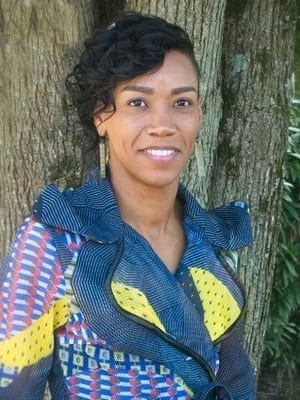
January 17 is the National Day of Racial Healing. It is part of the W.K. Kellogg Foundation’s Truth, Racial Healing and Transformation effort, a national endeavor that is community-based and hopes to bring about transformational change.
The W.K. Kellogg Foundation, whose mission and vision supports children, families and communities, is one of the largest philanthropic foundations in America. These are interconnected priorities for the organization, one benefiting from the other, expressed as thriving children, working families and equitable communities.
“Connect. Build Relationships. Bridge Divides.” It is the theme for this year’s gathering in support of equitable communities and “a time to contemplate our shared values and create the blueprint together for #HowWeHeal from the effects of racism.”
The national day began on January 17, 2017, and builds on the work of the Truth, Racial Healing and Transformation community partners. Its two pillars are “narrative change and truth-telling” and racial healing and relationship building.”
An initiative of the foundation, the ultimate goal of TRHT “is to undo the belief in a hierarchy of human value: racism and to replace it with the capacity to see ourselves in one another.”
Believing that there can be no equity without healing from the effects of racialized identities, the hope is to bring every community together to work toward a fair and unbiased world.
While it is an annual observance, it is not a one-day event. Instead, the work of healing communities is ongoing and there are more than a dozen partner organizations.
Observed on the Tuesday after the Martin Luther King Jr. holiday, the date is intentional, and the message is clear. The work continues after community clean ups, group discussions and passionate speeches.
Participants are not left to their own devices. Instead, the creators offer a toolkit and resources.
There are several ways to participate with opportunities for discussions with children, professionals and policy makers. To ensure that the host doesn’t forget a single detail, there is also a checklist.
There is even a 14-part digital series called “Changing the Narrative,” which features cities that have experienced the trauma of racism — communal, environmental and systemic.
The cities highlighted are working to change the narrative after a mass shooting as was the case in Buffalo, New York. In New Orleans, residents are combatting the effects of climate change and environmental racism.
The conversation guide offers lighthearted dialogue starters followed by questions that work to deepen the exchange. Persons move from sharing about “a place that makes you feel good” to answering the question, “How often do you think about your racial or ethnic identity?”
The aim is for participants to start with what they hold in common or with experiences that they can identify with before moving to unpack those things that have caused division. By sharing stories, both common and personal, the hope is for healing.
By putting truth-telling and storytelling at the forefront, healing is possible. Without knowing where it hurts, for how long one has suffered and why, it is not likely that we can address the wounds of racism.
If you are interested in the National Day of Racial Healing and want to participate, consider this a friendly invitation. If you are still working up the nerve, then to see the work in action, follow the hashtag #HowWeHeal. Either way, let’s connect, build relationships and bridge divides.
For more information, please visit their website at healourcommunities.org/day-of-racial-healing/.
For more information on the framework of the Truth, Racial Healing and Transformation, click here and for your free copy of the implementation guidebook, click here.

